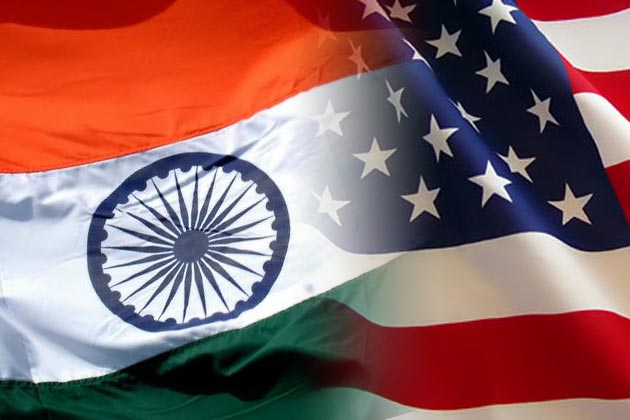The sudden resignation of the US ambassador to India less than two years into her troubled term opens an opportunity for both sides to reboot strained ties ahead of an expected change in government, analysts say.
The sudden resignation of the US ambassador to India less  than two years into her troubled term opens an opportunity for both sides to reboot strained ties ahead of an expected change in government, analysts say.
than two years into her troubled term opens an opportunity for both sides to reboot strained ties ahead of an expected change in government, analysts say.
Nancy Powell, US ambassador since 2012, had a torrid time at the helm of one of Washington's most important diplomatic missions as it became embroiled in one of the most serious downturns in relations in decades.
New Delhi was incensed in late December when an Indian diplomat in New York was arrested, strip-searched and then pursued in court over allegations she violated visa rules by underpaying a domestic servant.
Powell, who has spent 37 years in the US foreign service, had to manage the firestorm, contending with furious Indian officials and even facing personal difficulties over threats to withdraw her travel privileges.
A host of retaliatory measures taken by India over the arrest included the withdrawal of additional security measures at the US embassy and threats to close an embassy-run social club.
"The Indian government took a hard stand after the arrest of (Deputy Consul General Devyani) Khobragade," said Neelam Deo, director of Gateway House, a foreign policy think tank in Mumbai.
While managing this, Powell was also central to a sharp -- some say belated -- change in US policy over opposition leader Narendra Modi who is tipped to emerge as prime minister after national elections starting next Monday.
The US decided to end a decade-long boycott of Modi, who was chief minister of western Gujarat state in 2002 when anti-Muslim riots broke out, leaving more than 1,000 people dead.
In February, long after European powers had re-engaged, Powell called upon the prime ministerial candidate of the Bharatiya Janata Party (BJP) at his office in the state capital of Gujarat.
"The sense in Washington is that they should have engaged with Modi much earlier than February," Deo explained. "He is being considered a serious prime ministerial candidate by the United States."